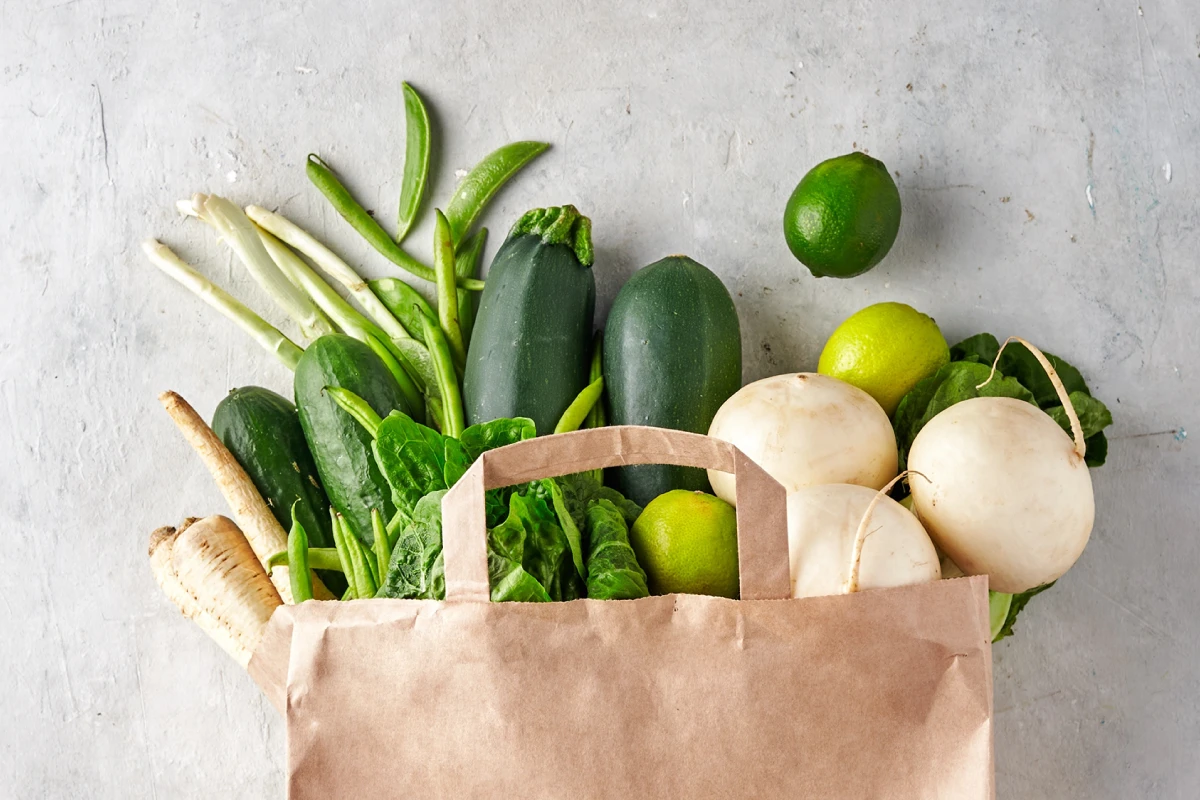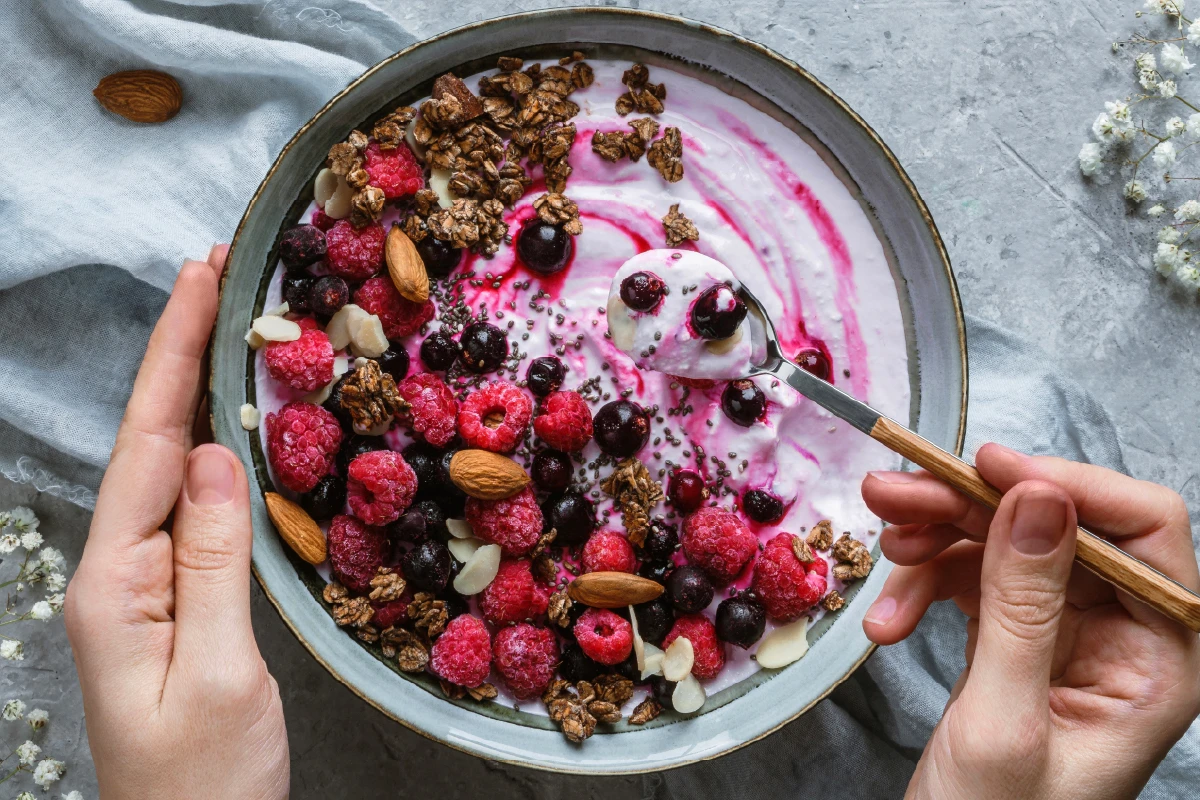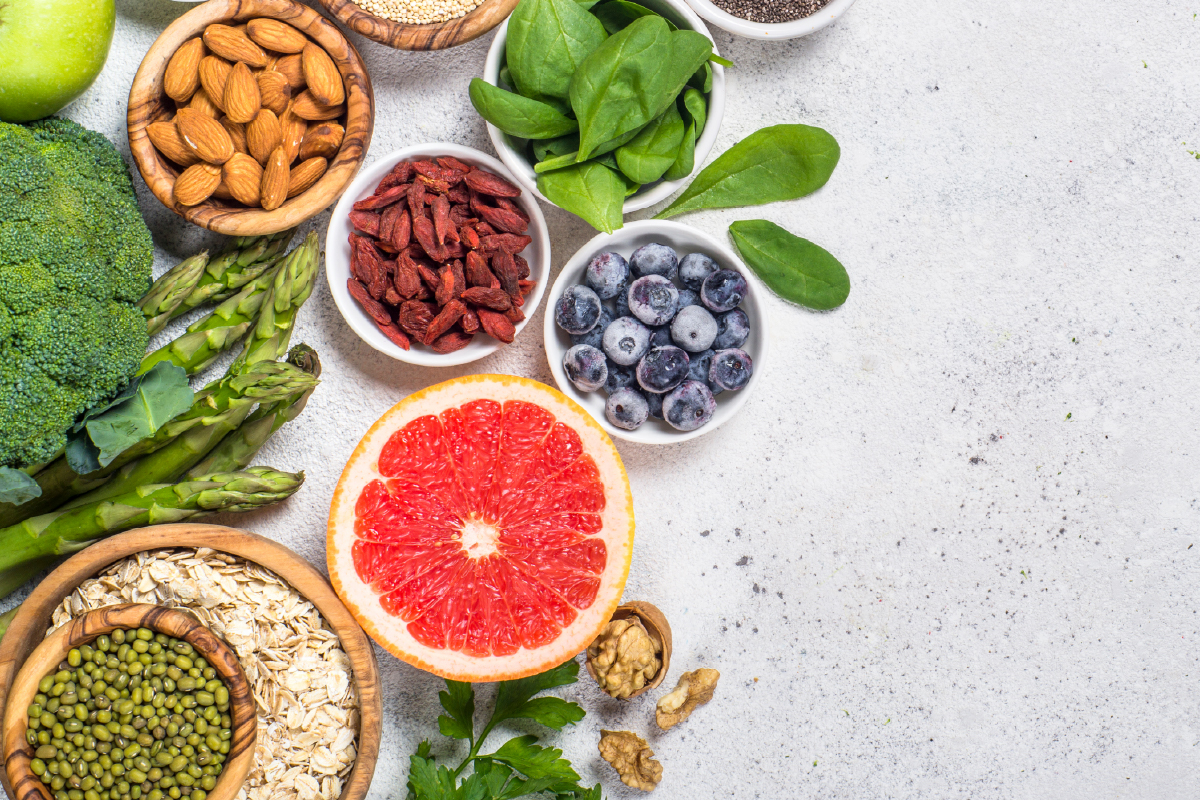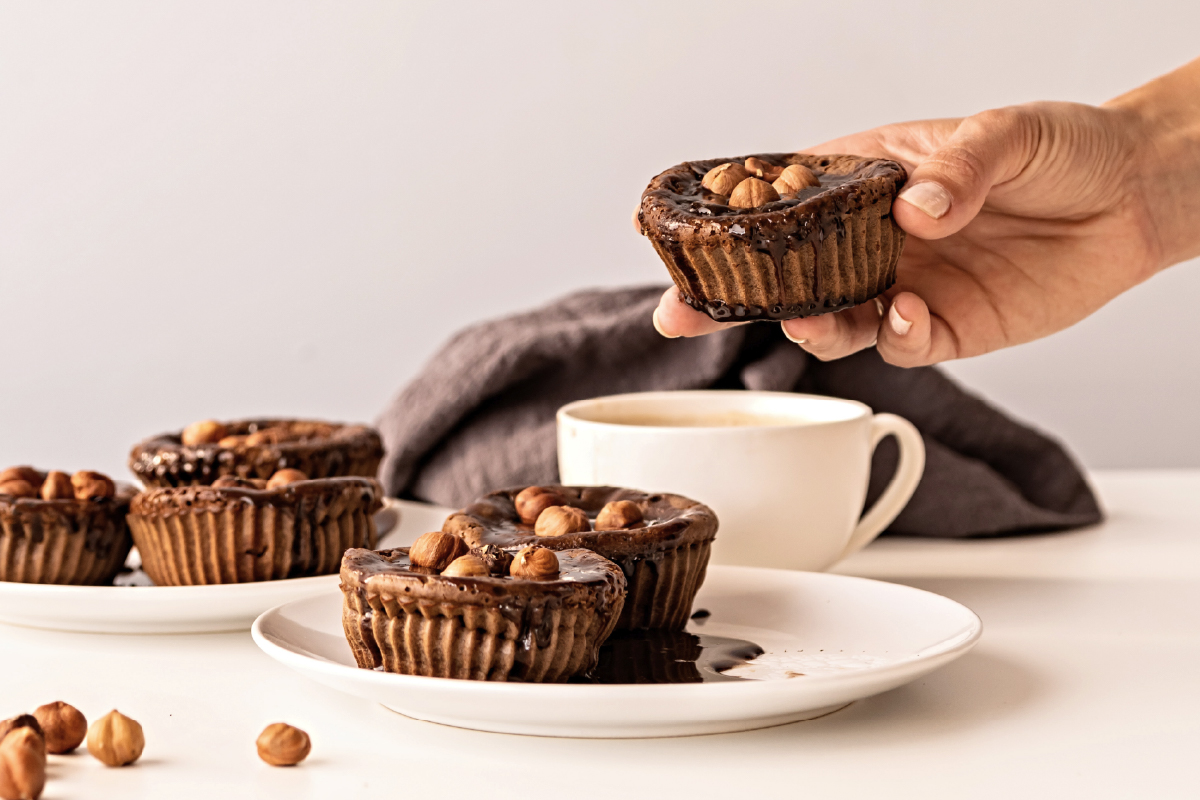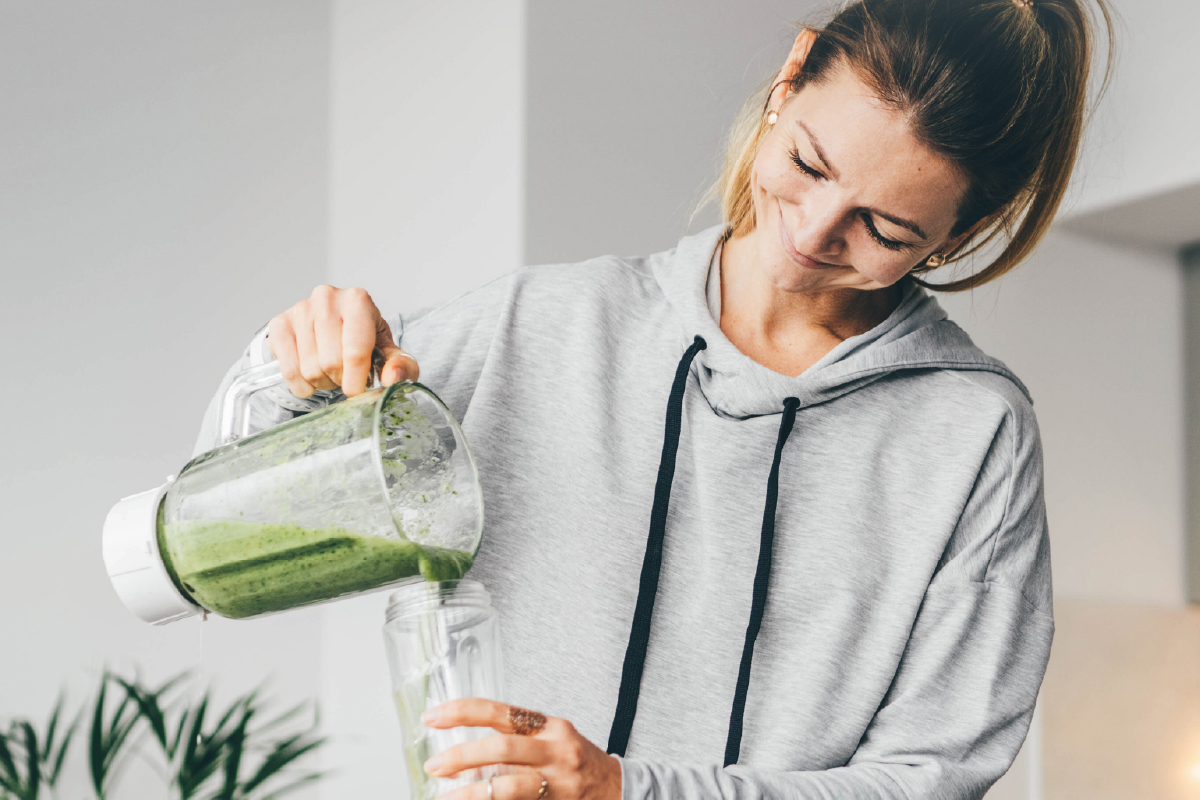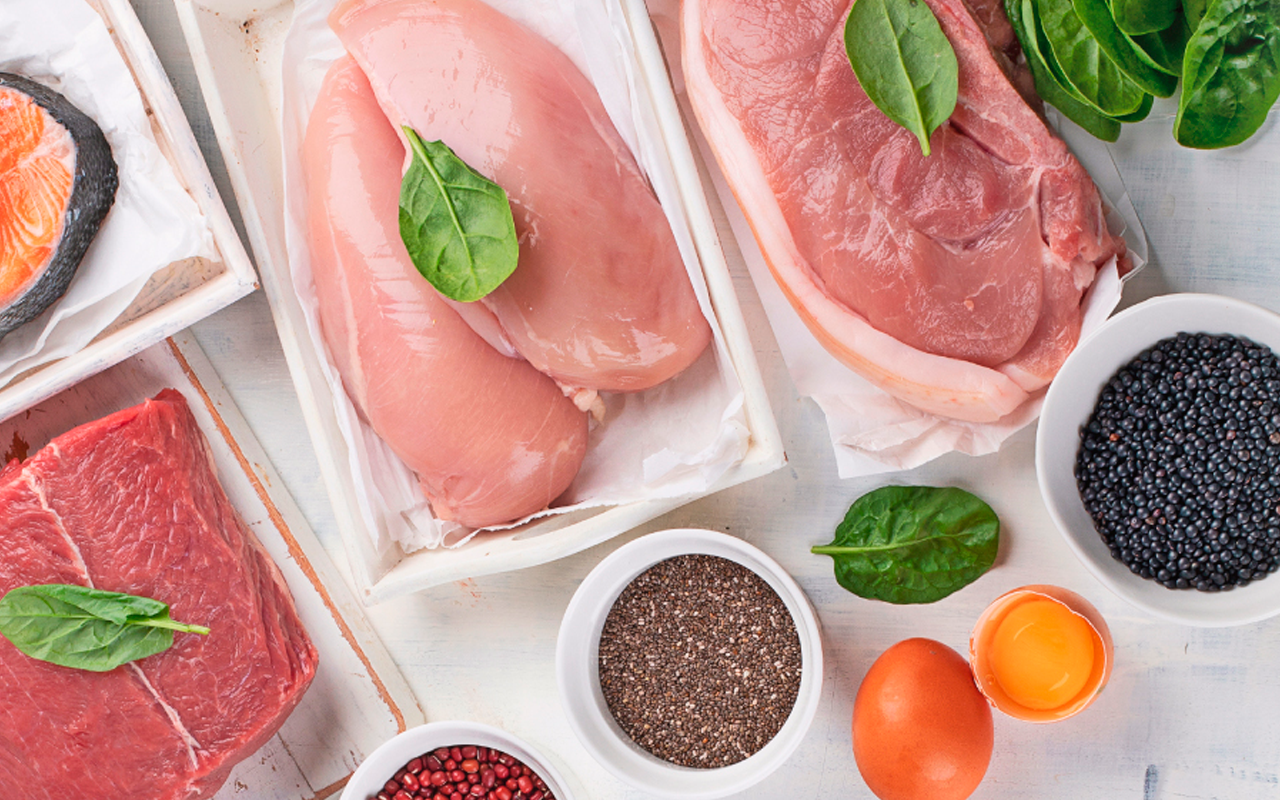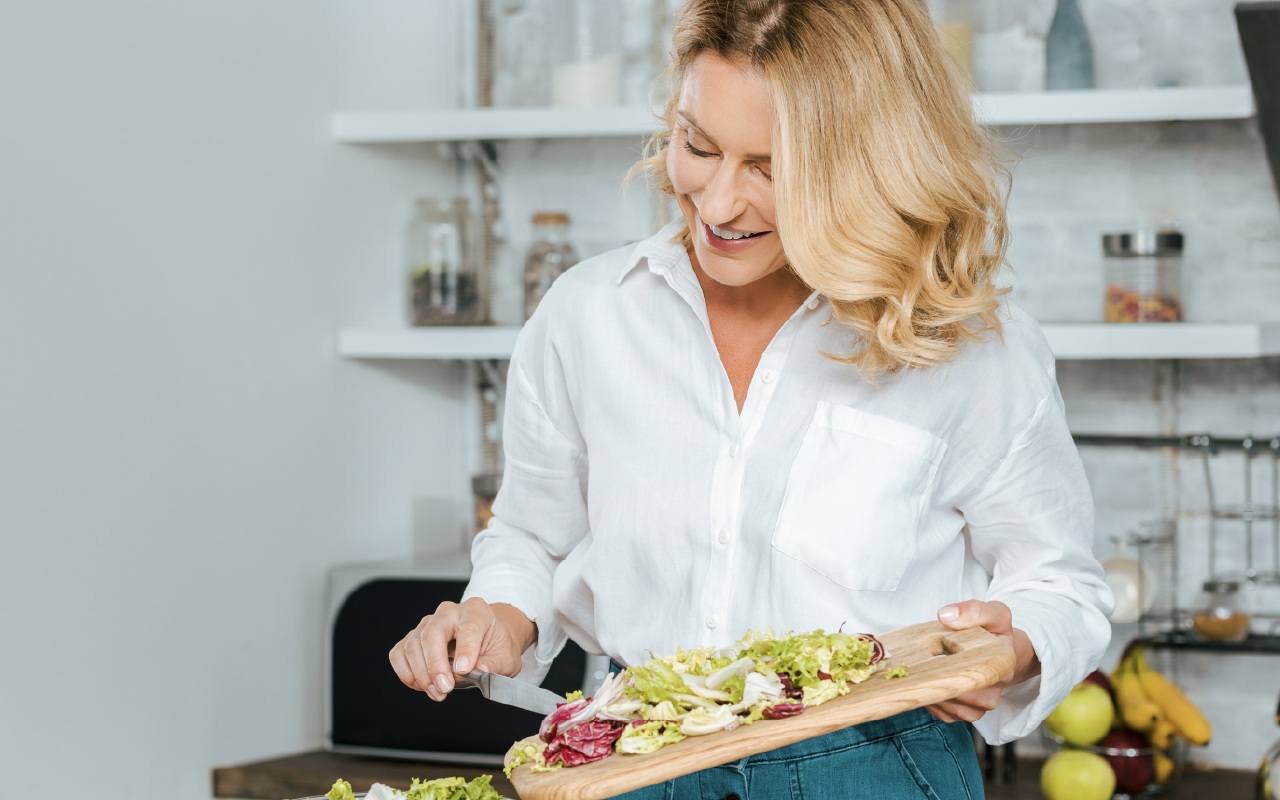Why is eating so comforting?
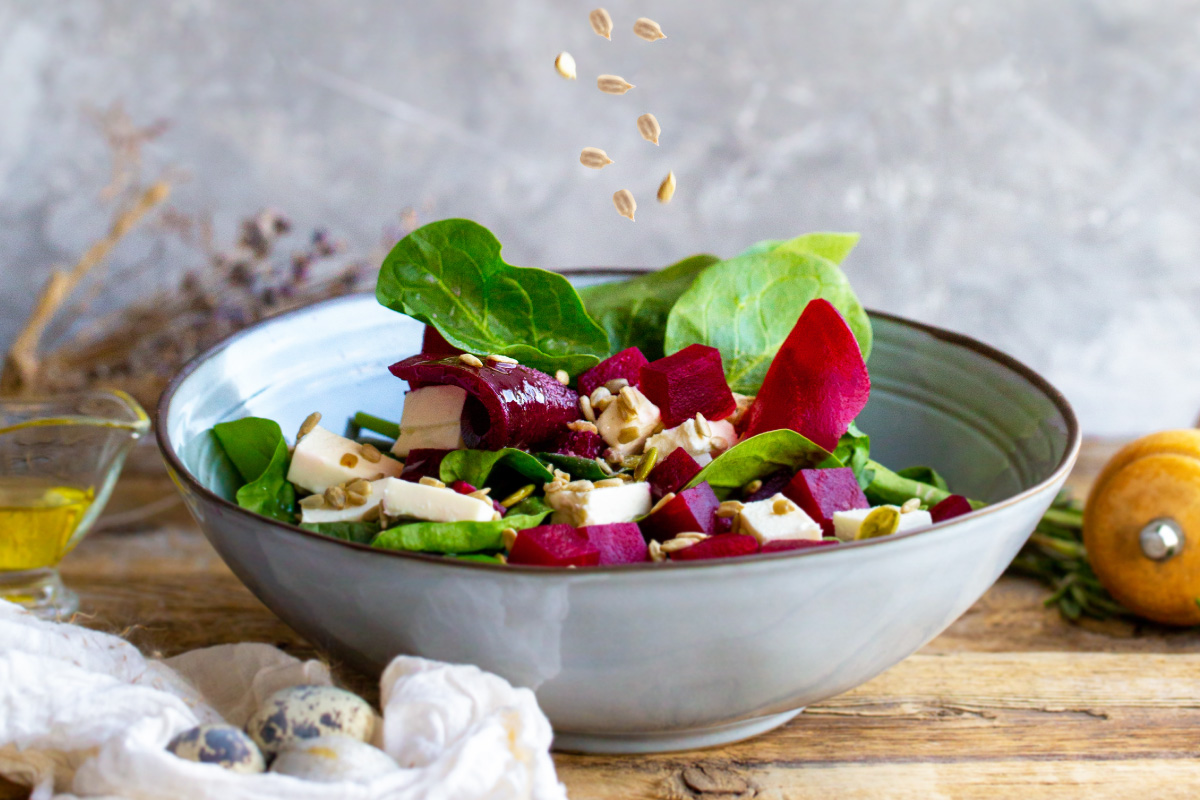

You sure feel content when you eat, right? Most people consider eating a pleasant and comforting experience. This can be a challenge for people who are trying to reduce or maintain their weight.
One of the main reasons why we love eating so much can be explained by biology. We are “programmed” to enjoy the eating experience since it is essential to our survival. We are also “programmed” to look for foods high in calories and sugar when we are hungry to keep us satiated for longer periods.
But what really happens when we eat? First, our brain sends us a signal that it’s time to eat. Appetite cells are located in the hypothalamus and trigger various hormones that initiate hunger. When we start eating the physical sensations are naturally comforting. We feel satisfaction just by the act of chewing and swallowing. This is observed from the very first days of our lives, through breast and bottle feeding.
When we eat, our brains also end up being “rewarded” as dopamine, an important feel-good neurotransmitter, is released. Foods high in sugar and fat particularly activate these centers of the brain, creating a sense of pleasure.
And what makes us crave certain types of foods? The answer lies in a chemical messenger called Neuropeptic Y that can influence our desire for carbohydrates, since these are the preferred fuel for our body and brain. This neurotransmitter is usually in higher concentrations after long periods without food intake. So the longer you wait to nourish yourself, the higher the chances of resorting to carbohydrate-rich options.
Let’s not forget about the incredibly important psychological component related to the food choices we make. We associate a lot of emotions with food; a pastry with coffee or a homemade soup when we are sick for example. Connections like that promote a feeling of happiness and completion when we consume those foods. Our brain is very effective at linking experiences with positive or negative memories. If an experience is associated with a happy situation, a delicious meal in good company, it is likely to lead us to want to repeat the pleasurable experience. In fact, sometimes when we feel down it is natural to crave a certain food because it is associated with a positive experience. On the other hand, and because this phenomenon happens in both directions, if a meal has resulted in an unpleasant situation, for example GI distress, it is normal to avoid the food.
The good news is that finding pleasure in food is a very positive thing! In fact, it may even make it easier to achieve your goals. The more you allow yourself to experience the nuances of flavor and pleasure while eating, the simpler it is to check in with yourself and stop eating when you feel satisfied.
Here are some tips to help:
Opt for foods rich in fiber and protein
Fiber helps to promote satiety in addition to providing important nutrients to the body while also assisting in the metabolism of carbohydrates and fats. Similarly, protein promotes a feeling of fullness which helps prevent overeating and offers amino acids which are the building blocks that make up every cell of our body.
Opt for vegetables and whole grains for the fiber boost and always include a variety of protein-rich items such as meat, seafood, legumes or eggs.
Eat consistently throughout the day
Having balanced bites every few hours will ensure that you’re meeting your nutritional needs while also steering you away from poor choices of foods and portions. Skipping meals can easily lead to giving in to cravings and overeating.
The important thing is to realize that we have biological and emotional mechanisms in play and there is no reason to feel shame or guilt when experiencing pleasure while eating! Enjoy mindfully, taking time to notice the flavors and textures. Slow down and savor each bite of nourishment.

